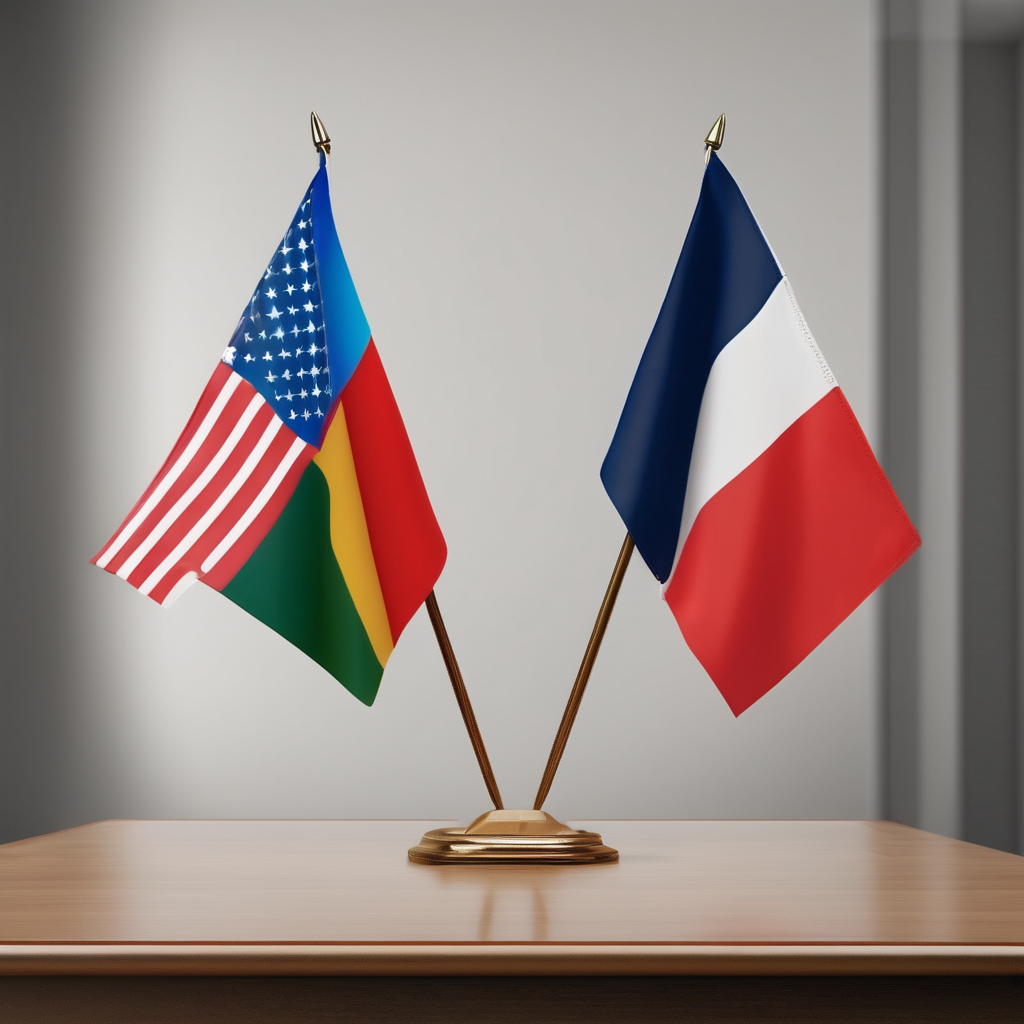Discussions among Trump administration officials are underway regarding a potential meeting between U.S. President Donald Trump and North Korean leader Kim Jong Un during an upcoming trip to Asia. According to a report from CNN, while no logistical arrangements have been made and prior outreach this year from Trump was reportedly dismissed by North Korea, the talks signal an openness to dialogue.
In August, Trump expressed a desire to meet with Kim following his initial discussions with South Korean President Lee Jae Myung at the White House. This interest comes amidst a complex backdrop of regional dynamics, with ongoing tensions stemming from North Korea’s nuclear ambitions and its recent military support for Russia amid the Ukraine conflict.
Despite previous setbacks in communications, the prospects of renewed discussions underline the ongoing diplomatic efforts in addressing the situation on the Korean Peninsula. Analysts note that while North Korea has conveyed it will not abandon its nuclear program in any future dialogues, the potential for face-to-face talks could pave the way for at least some level of engagement.
Furthermore, whether these discussions will yield any significant progress remains uncertain, especially given North Korea’s unpredictable stance and the essential need for mutual concessions. The broader geopolitical landscape emphasizes the delicate balance of maintaining security while exploring diplomatic avenues.
Given recent moves by South Korea to restore parts of the 2018 Comprehensive Military Agreement—a pact aimed at reducing tensions on the border—there is a glimmer of hope that sustained diplomatic engagements could foster a more stable environment in the region. Observers remain hopeful for de-escalation and constructive dialogues that could ultimately benefit both North and South Korea as well as greater strategic interests in Asia.
In summary, while the administration’s plans remain tentative, the mere announcement of discussions reflects a persistence in seeking diplomatic solutions amid a challenging international landscape. As regional leaders advocate for peace, there’s an underlying optimism that through continued dialogue, a path towards stability can emerge.
